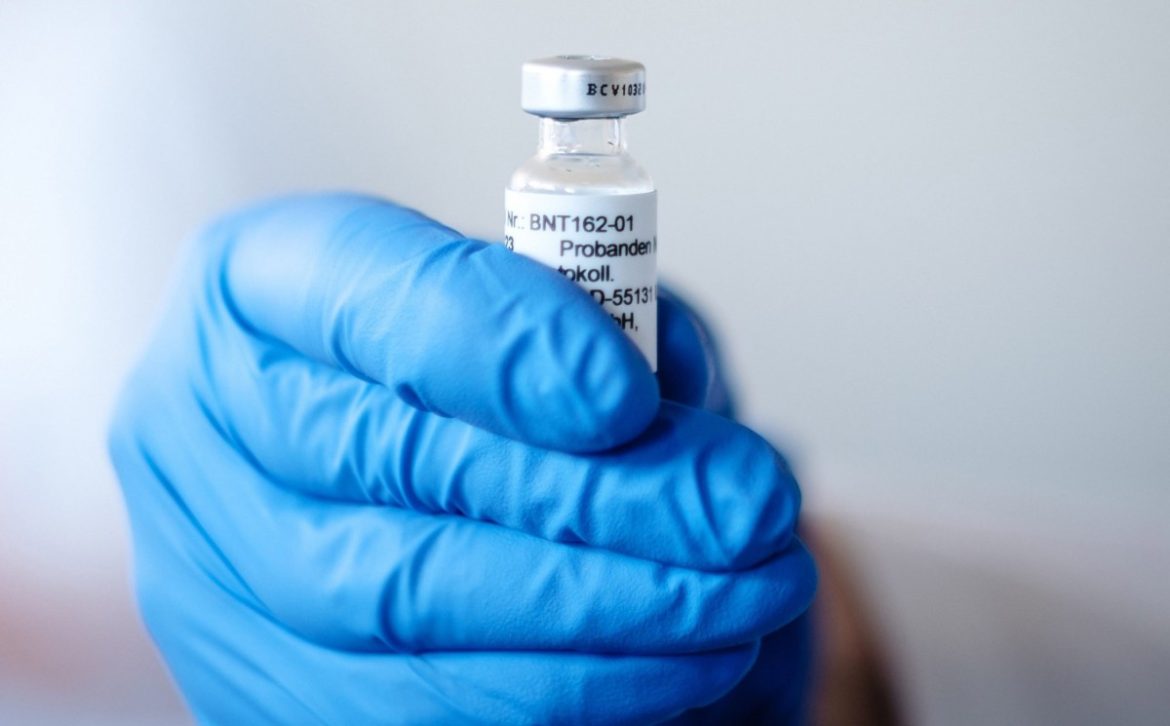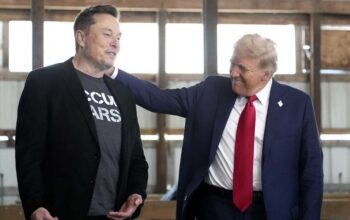Kate Hunter, Editor-in-Chief
@khuntercourant
On April 1st the VAMS vaccine portal opened up for my age group. I sat in front of my computer screen, constantly refreshing the website, eager to find the first available vaccine appointment.
However, not everyone had this same response. As American vaccine distribution improves and appointments become increasingly available, a clear line is drawn between those willing to be vaccinated and those who are not.
The coronavirus vaccine was granted emergency use approval by the FDA; therefore, the American public should trust the science behind it. There is simply no reason not to. According to the Washington Post, “each vaccine demonstrated safety and efficacy in clinical studies to the FDA’s satisfaction under this exceptional emergency standard.”
The way I see it, mass vaccinations are the path back to normalcy. However, vaccine holdouts seem all too common. For example, four out of ten health care workers remain unvaccinated. What response should the public have when the “heroes” of the pandemic have such little faith in the science that the country is supposed to trust?
In the words of President Joe Biden, getting vaccinated is simply patriotic. However, the government should not be the people to enforce vaccinations – small institutions such as universities and banks must. We have to convince reluctant individuals to get vaccinated and requiring vaccines in the workplace and in education systems is an effective way to do it.
Some argue that the institutional regulation of vaccinations is a violation of individual rights, but the law states otherwise. According to the Washington Post, “just as schools and private employers can require vaccines for the measles, flu and other diseases, they can require coronavirus vaccines — even before those vaccines have full approval.” So, companies and universities can require everyone to have a vaccine. And they should.
United Airlines Chief Executive Scott Kirby wants to require vaccinations for their 96,000 employees. Dartmouth University has followed; all students on campus next fall are required to be fully vaccinated before returning.
However, Dartmouth does intend to handle individuals that refuse to get the vaccine on a “case-by-case” basis. Dartmouth Provost Joseph Helble also said that “religious and medical exemptions for students will be ‘accommodated.’”
While medical exemptions can be clearly defined and determined, religious exemptions can’t. In fact, according to Title VII of the Civil Rights Act of 1964, religion under the law can include moral beliefs. So, where do institutions draw the line?
Religious and medical exemptions remain as rare exceptions. Requiring religiously and physically capable students and employees to get vaccinated is only fair to the people following the CDC’s guidance. Vaccinated individuals should not be withheld from the freedoms that come with coronavirus immunity simply because their peers refuse to get the shot. Furthermore, according to the New York Times, “mandatory vaccinations would protect service workers and lower the anxiety for returning office employees.”
That being said, individuals still possess the right to their own bodies. If someone is unwilling to get the vaccine, no one will make them. This is a choice though – and it may have consequences. Remaining unvaccinated may mean “job loss, fines, one more year of Zoom college, or exclusion from flights, concerts or bars.”
But most of all, unvaccinated individuals may watch the world return to normal while they remain in the dust.




